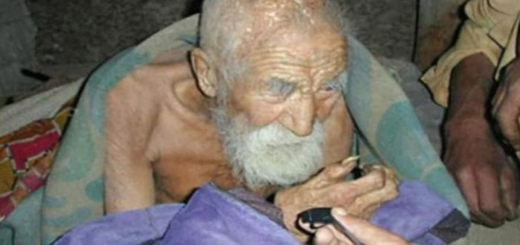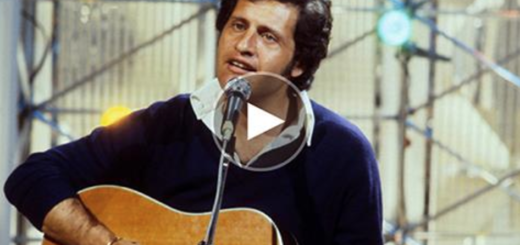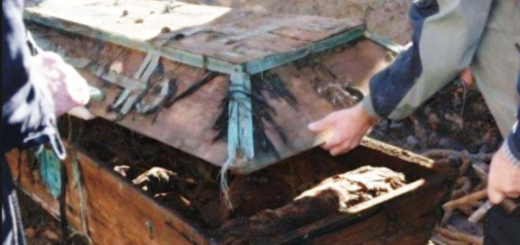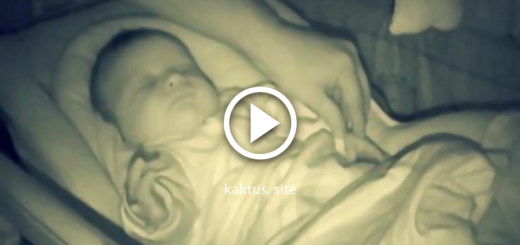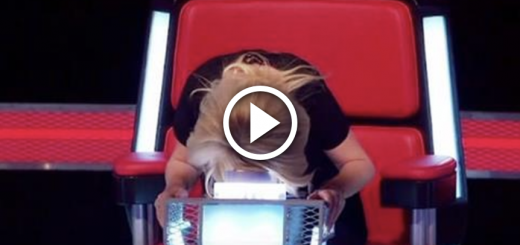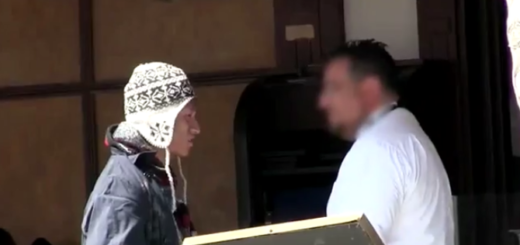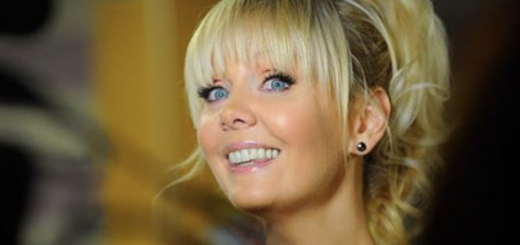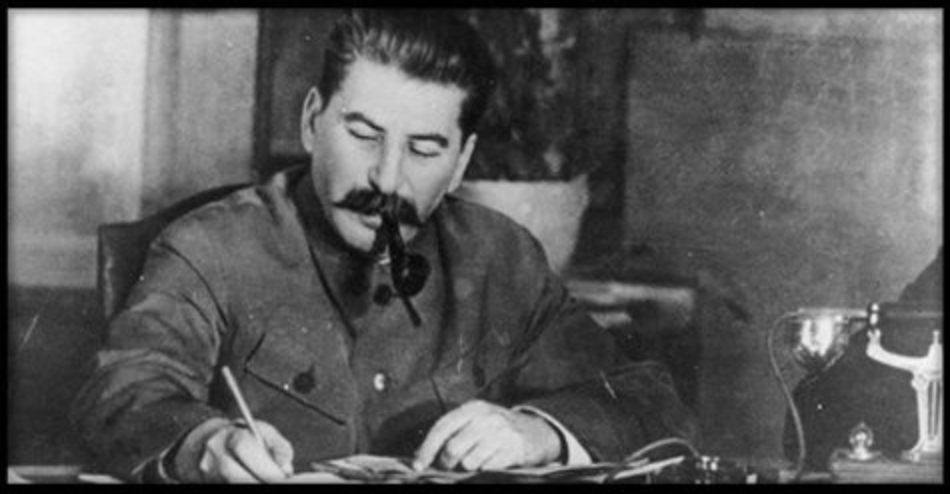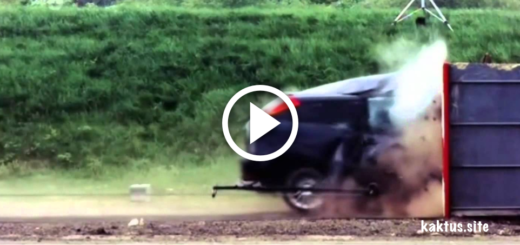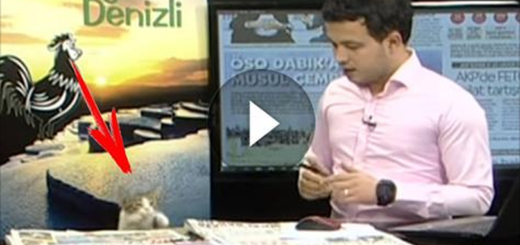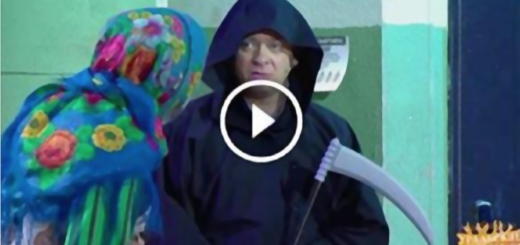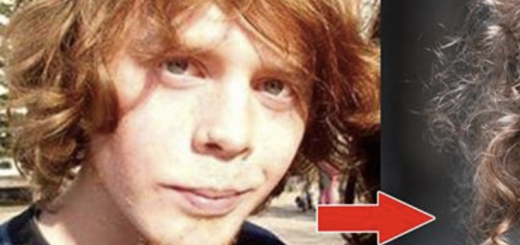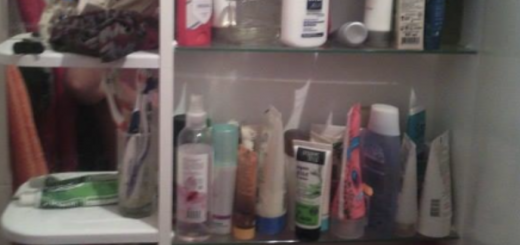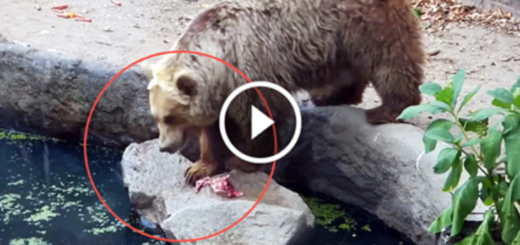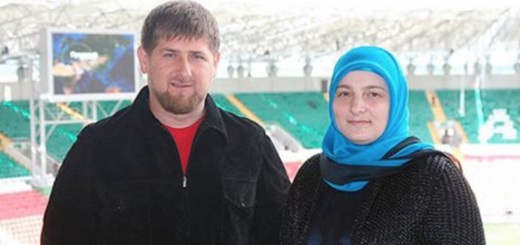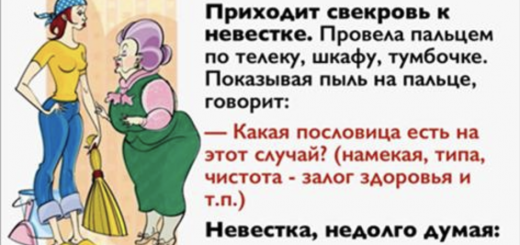I was just a shy intern making copies and fetching coffee when I saw an elderly man standing alone in our busy corporate lobby, clearly frustrated as person after person walked past him without a second glance. When I realized he was deaf and trying to communicate, I approached him and signed a simple, Hello, can I help you? I had no idea that the CEO of the company was watching from the mezzanine above.
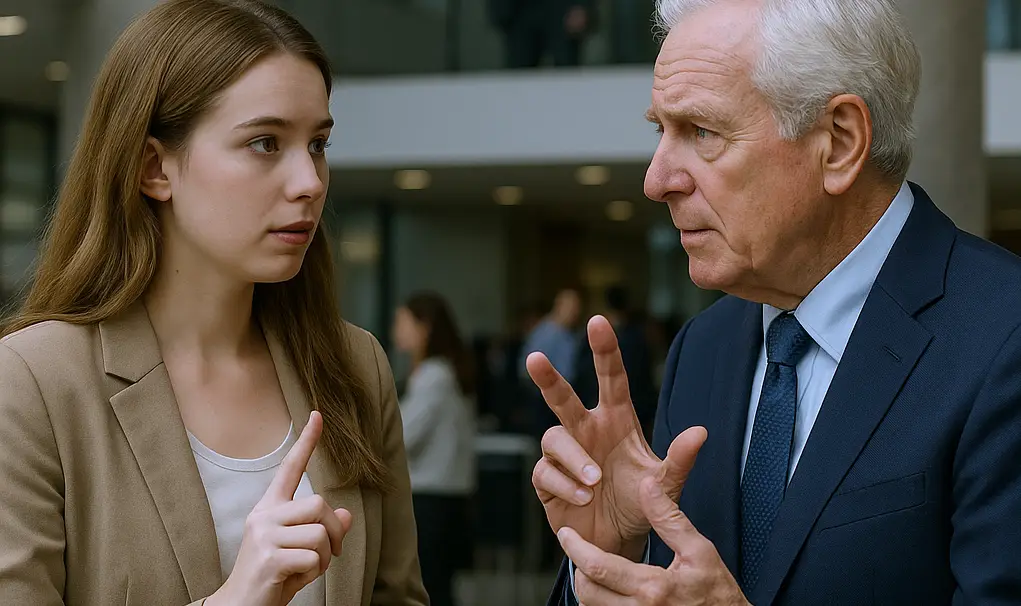
Six months ago, I was the most invisible person at Meridian Communications. At 22, I was a junior marketing intern who spent her days making photocopies, organizing supply closets, and trying to blend into the background of one of Chicago’s most prestigious advertising agencies. I was the kind of person who ate lunch alone at her desk, who took the stairs instead of the elevator to avoid small talk, and who had never spoken up in a meeting. Not once.
I hadn’t always been this way. In high school, I’d been confident, outgoing, even popular. But college had been a series of small failures and rejections that had slowly chipped away at my self-esteem.
By the time I graduated with my communications degree, I felt like a shadow of my former self. The internship at Meridian was supposed to be my fresh start, my chance to prove myself in the real world. Instead, it had become another place where I felt small and insignificant.
The only thing that gave my life real meaning was my little brother, Danny. He was 8 years old and had been born deaf. While our parents had struggled to learn sign language, I had thrown myself into it with a passion that surprised everyone, including myself.
I spent hours practicing, watching videos, taking classes at the community center. Danny became my motivation to master something that mattered, something that could make a real difference in someone’s life. By the time I started at Meridian, I was fluent in American Sign Language.
It was the one skill I possessed that I was truly proud of, though it had never seemed relevant to my work life. In the corporate world of marketing campaigns and client presentations, my ability to communicate with the deaf community felt like a beautiful but useless talent, like being able to play the violin in a world that only valued electric guitars. The morning that changed everything started like any other.
It was a Tuesday in October, and the Meridian building was buzzing with its usual frenetic energy. We were in the middle of preparing for a major client presentation, and everyone was stressed, rushed, and focused on their own urgent tasks. I was stationed at the reception area, helping to organize materials for the presentation, when I noticed him.
He was an elderly man, probably in his 70s, impeccably dressed in a navy blue suit that looked expensive and well-tailored. His silver hair was perfectly styled, and he carried himself with the kind of quiet dignity that spoke of a lifetime of success and respect. But there was something in his eyes, a mixture of frustration and sadness, that made my heart ache.
He was standing at the reception desk, trying to communicate with Jessica, our head receptionist. Jessica was a perfectly nice person, but she was also incredibly busy and clearly growing impatient with whatever communication barrier was occurring. Sir, I’m sorry, but I don’t understand what you’re trying to tell me.
Do you have an appointment? Can you write down who you’re here to see? The man was gesturing, pointing toward the elevators, his mouth moving in what I realized were words that Jessica couldn’t hear. And then I saw it. The subtle hand movements, the facial expressions, the way he was trying to fingerspell something.
He was signing. I watched in growing dismay as Jessica turned to help another visitor, effectively dismissing the elderly man. He stood there for a moment, looking lost and increasingly distressed.
Other employees walked past him, account executives in expensive suits, creative directors with their arms full of presentation boards, junior associates rushing to meetings. Not one of them stopped. Not one of them seemed to notice that this distinguished-looking man needed help.
My first instinct was to stay where I was. I was just an intern. I had my own tasks to complete.
My supervisor, Margaret, had made it clear that my job was to support the presentation prep, not to get involved in reception duties. But as I watched the man’s shoulders slump slightly, as I saw the defeat creeping into his posture, I thought about Danny. I thought about how it felt when people ignored him, when they looked through him as if his deafness made him invisible.
I made a choice that would change my life forever. I walked over to the reception desk, my heart pounding with nervousness. The man looked up as I approached, and I could see the weariness in his eyes, the expectation of another person who would try to rush him along or dismiss his needs.
I took a deep breath and signed, Hello, my name is Catherine. Can I help you? The transformation in his face was immediate and profound. His eyes widened with surprise and relief, and a smile spread across his features, the first genuine smile I’d seen from him since he’d entered the building.
You sign, he responded, his hands moving with the fluid grace of someone who had been using ASL for decades. Thank goodness. I was beginning to think no one here would be able to understand me.
I’m so sorry you’ve been having trouble, I signed back. What can I help you with? I’m here to see my son, he explained. But I’m not sure how to reach him.
I don’t have an appointment, and the young woman at the desk, he gestured toward Jessica, who was now helping someone else. She seemed very busy. What’s your son’s name? I asked.
I can help you find him. The man paused for a moment, and I could see something complicated pass across his face, a mixture of pride and uncertainty. Michael Hartwell, he signed finally.
My heart nearly stopped. Michael Hartwell, the CEO of Meridian Communications, the man whose name was on the building directory, whose corner office occupied the entire top floor, whose rare appearances in the common areas of the building caused a ripple of nervous energy among the staff. Mr. Hartwell is your son? I signed, trying to keep my surprise from showing on my face.







